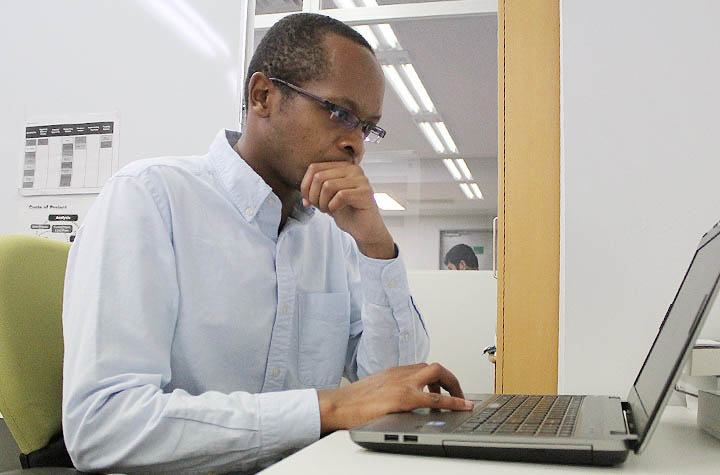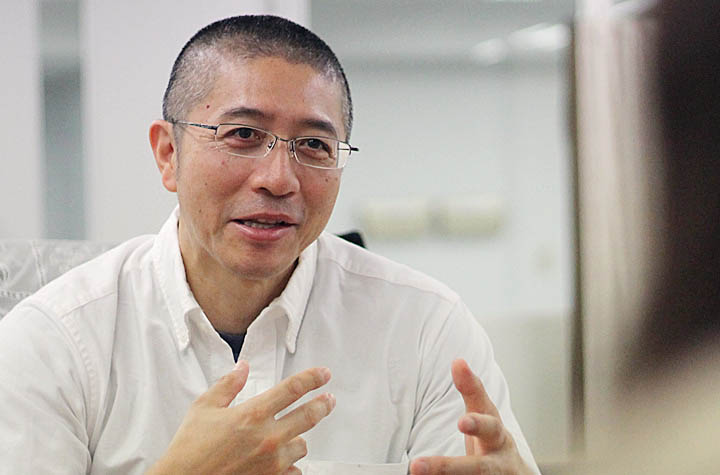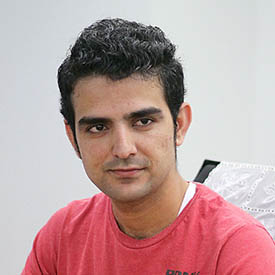Election fraud is a problem in Afghanistan. In the presidential elections held in 2014, there were claims that both of the two remaining candidates’ sides had committed fraud and this caused an upheaval. Many construction, economical, and some social projects and activities either stopped or suspended their activities during these six months after the second round of election. It had a big effect on society. This kind of event has brought about a great loss of trust in elections amongst the citizens. As a result of the election, a new government was formed, but the election also left a number of problems in its wake. This experience left me wondering if there was some solution.
“...it made me realize that it was through a solution provided by ICT that I would be able to restore people’s trust.”
In an environment where the Internet is still not widespread
I have had an interest in ICT for a while and I wanted to be active in the technology sector. When the election issues affected me, it made me realize that it was through a solution provided by ICT that I would be able to restore people’s trust. However, Afghanistan does not have an environment where everyone has access to the Internet. At least 80% of the population has a mobile phone with voice functionality, but smartphones and computers are luxury items for the majority of citizens. Expense is of course one of the reasons most people don’t have them, but another reason they haven’t spread is because people don’t know how to use them. These high-spec devices can be used by a few people in the government and by some highly educated students.
Achieved through offline voting
This situation made me think of achieving the electronic voting system “offline”. The electronic voting systems used for elections in other countries have been limited to online voting, but the weakness with this is that people without communication devices are unable to take part. If offline voting can be made possible, then it could be used even in developing nations where communications infrastructure is still underdeveloped. A further merit of an offline system is that it is not vulnerable to cyber-attacks so this danger can be avoided. This makes it a safer system already.
A valuable system that can be of use in other nations
Systems using ICT up to now leave the impression that they are only used by a well-off segment of the population. But everyone over a certain age in a population has the right to vote, and they should play their part, so this is an area that attracts a great deal of interest from many people. If I can make this electronic voting system a reality, ICT will become a familiar part of people’s lives and will become technology that anyone can use. I don’t want this limited to Afghanistan, of course, but foresee it becoming a valuable system that can be used in other developing nations.
Popular Articles

trending_up Trending
Learning from the advanced technology in Japan
Effective Tracking of Medical Waste in Nairobi

